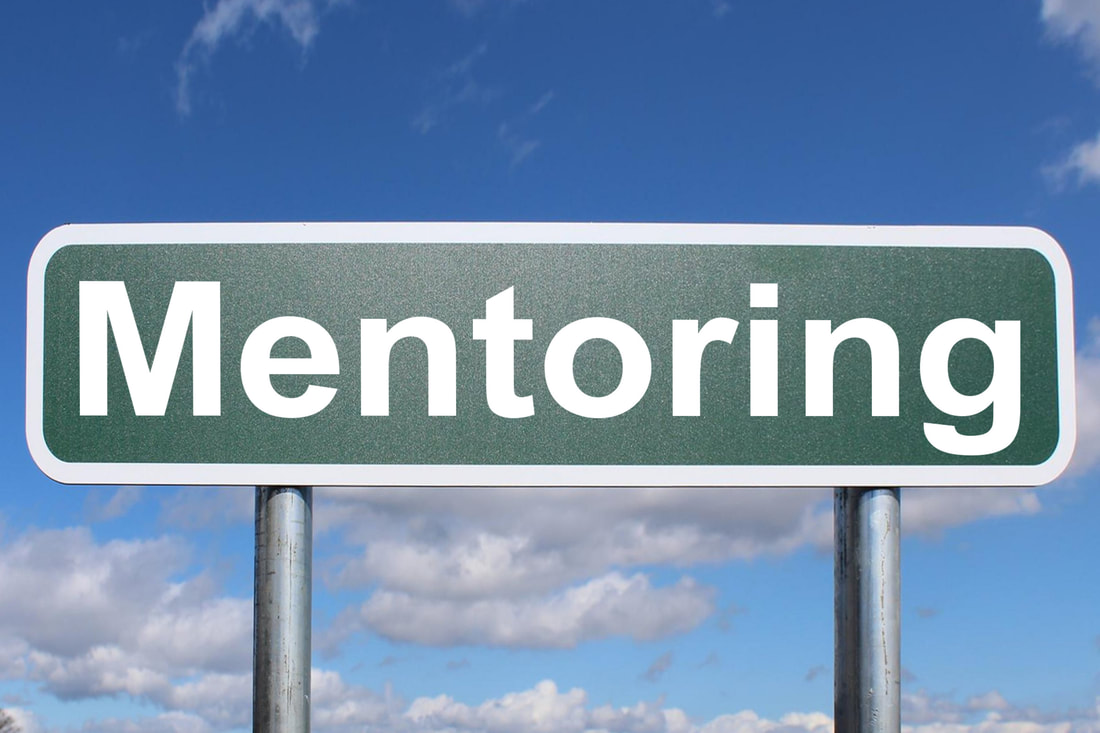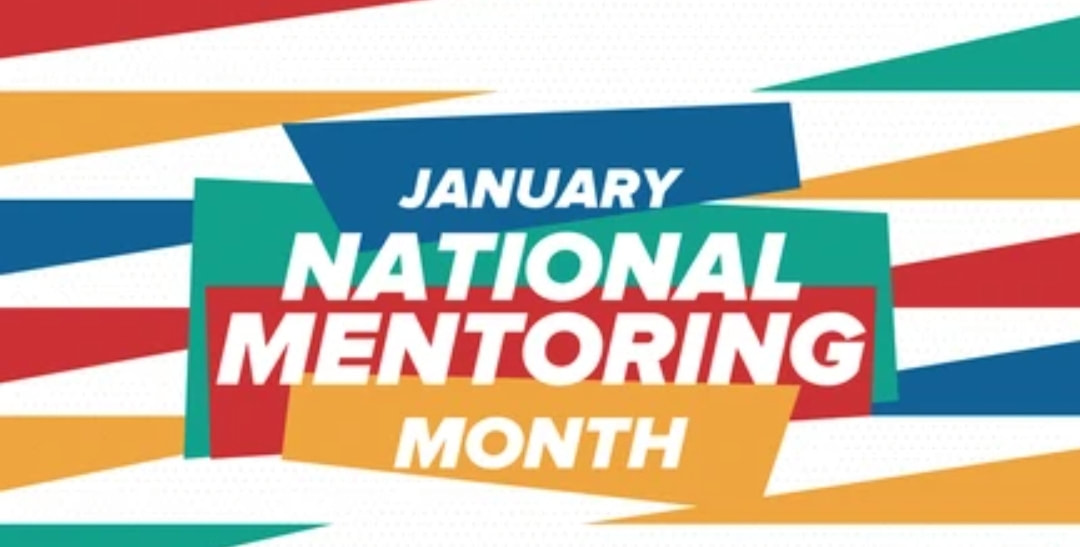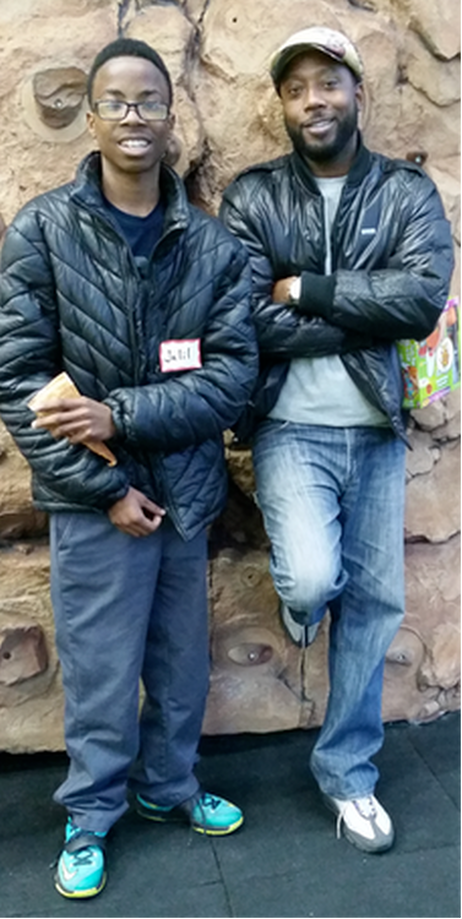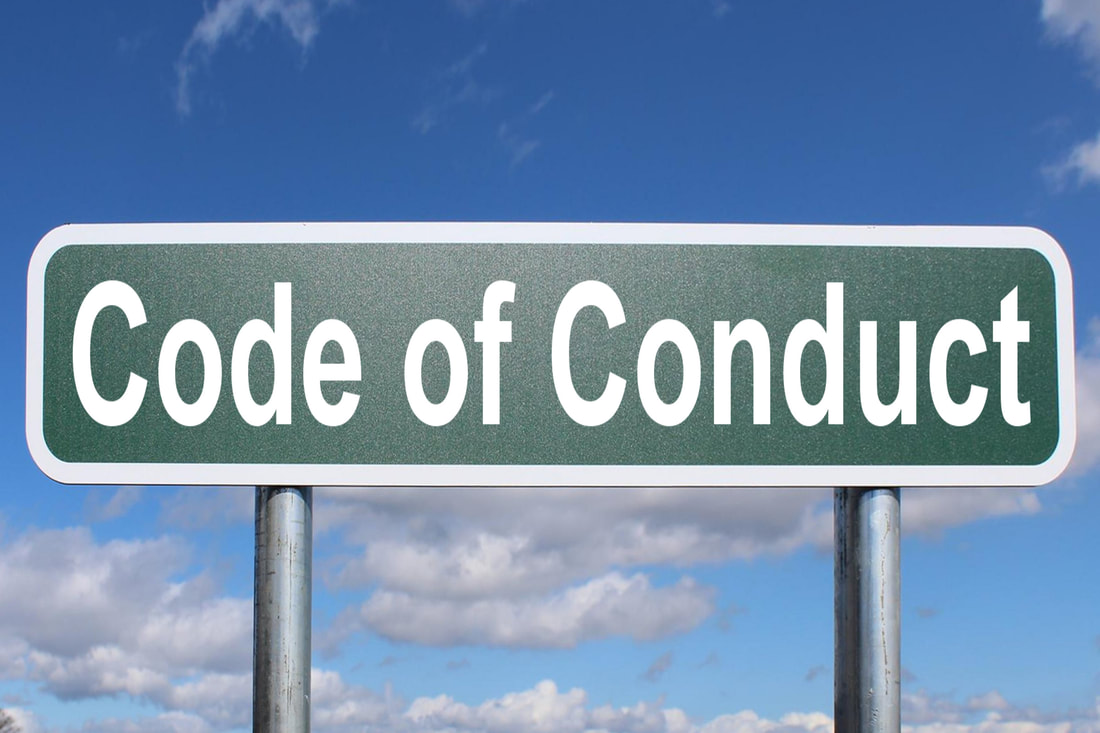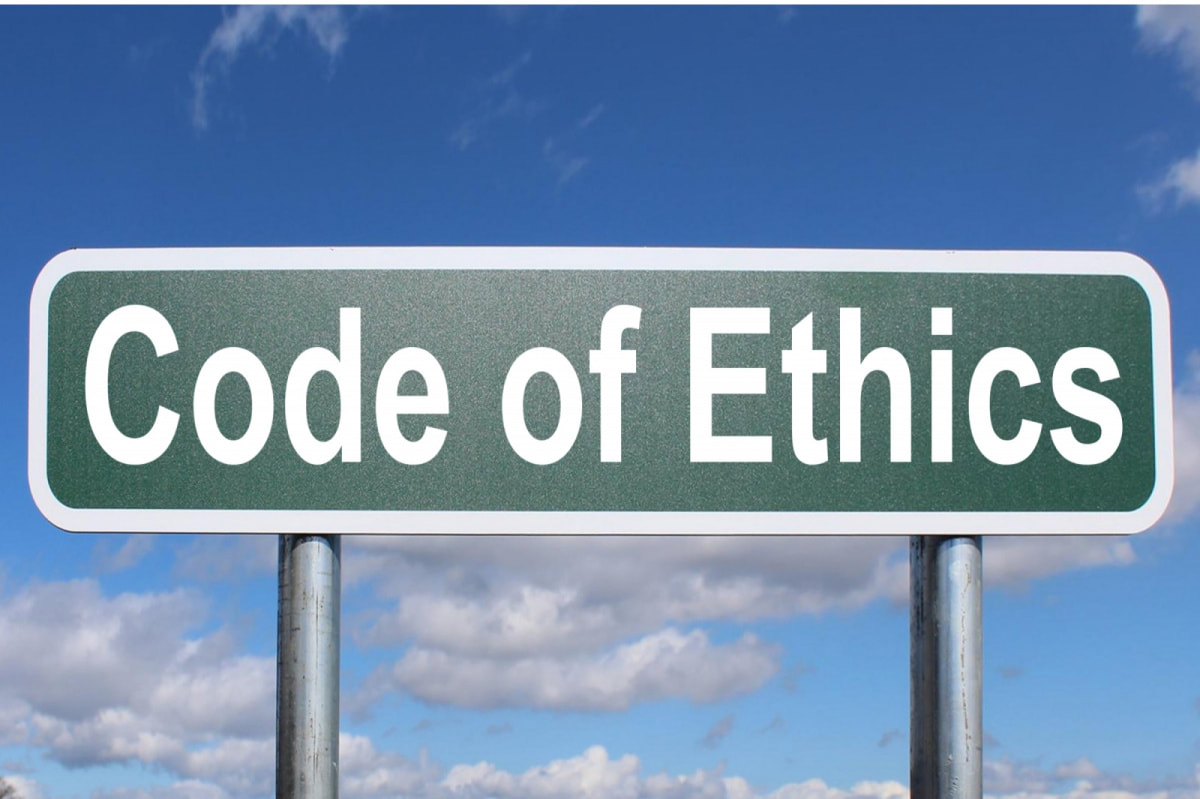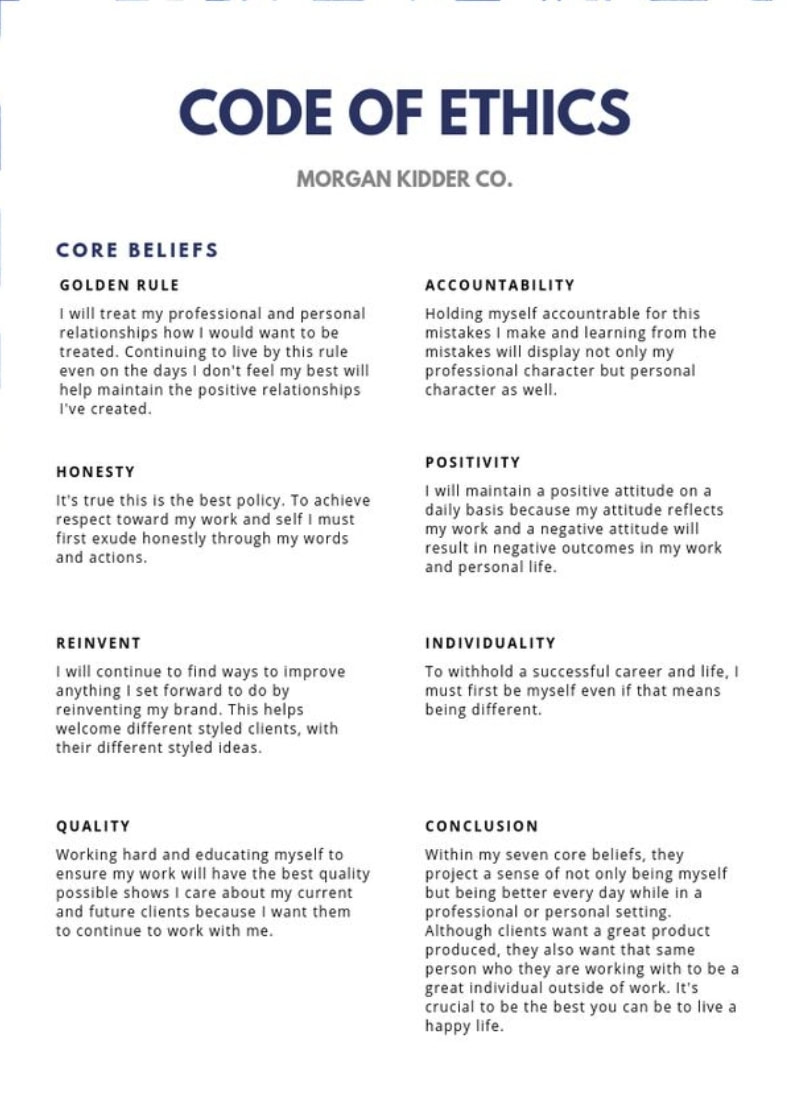Mentorship matters
" A mentor is someone who sees more talent and ability within you than you see in yourself."
Does mentorship matter? H.I.M. definitely think so! Just ask our founder! He didn't grow up with a father or grandfather in his life but he had the next best thing that made the difference in his life: Mentors, coaches . The impact that mentors had on his life was so inspiring and appreciative that he decided to become a mentor himself aside from holding positions as a classroom teacher, coach, advisor and camp counselor over the last 3 decades for male and female, school-aged children.
A competent mentor takes on several roles: Teacher, sponsor, advisor, agent, role model, coach and confidante. But there's much more that goes into the concept of mentoring. The American Psychological Association lists several characteristics
of effective mentoring to include:
*the ability and willingness to
* value the mentee as a person
* develop mutual trust and respect
*maintain confidentiality
*listen both to what is being and how it being said
*help the mentee solve his or her own problem
*focus on the mentee's development and resist the urge to produce a clone.
Does mentorship matter? H.I.M. definitely think so! Just ask our founder! He didn't grow up with a father or grandfather in his life but he had the next best thing that made the difference in his life: Mentors, coaches . The impact that mentors had on his life was so inspiring and appreciative that he decided to become a mentor himself aside from holding positions as a classroom teacher, coach, advisor and camp counselor over the last 3 decades for male and female, school-aged children.
A competent mentor takes on several roles: Teacher, sponsor, advisor, agent, role model, coach and confidante. But there's much more that goes into the concept of mentoring. The American Psychological Association lists several characteristics
of effective mentoring to include:
*the ability and willingness to
* value the mentee as a person
* develop mutual trust and respect
*maintain confidentiality
*listen both to what is being and how it being said
*help the mentee solve his or her own problem
*focus on the mentee's development and resist the urge to produce a clone.
|
Code of conduct is a set of generally accepted rules outlining the norms, responsibilities or proper practices or behavior one adheres to individually or from their family, group or organization.
Gentlemen, you must develop a code of conduct for yourselves that is firmly entrenched into your being and how you govern yourself, how you're perceived and treat people as well as yourself. There are generally 5 types of codes of conduct: *Integrity *Objectivity *Competence *Confidentiality *Professionalism Here is an example of a code of conduct policy |
Ethics- Moral principles that govern a person's behavior or the conducting of an activity.
Examples: I will not commit adultery, I will not lie, cheat or steal, I will not take an innocent life, I will defend the weak and infirmed etc Gentlemen, what are your personal code of ethics? Examples of response from males like "I'm down for whatever" or "There's no shame in my game" are poor, immature responses that indicates possibly lack of ethics within yourself. Where should one go to learn ethics? There are levels or tiers of learning where the process of knowledge transfer can take place, if available. Values, principles and behaviors are learned and handed down by the first teachers: the parents specifically the fathers, uncles and grandfathers. The next tier of competent, able men are pastors, teachers/educators, guidance counselors, mentors, coaches. Tier 3 are community members like neighbors, business owners, adult friends and an OG or "big homie" so to speak. TV actors, movie stars and athletes make up the last level where younger men can go to learn and build their own code ethics. Here is an example of a company code of ethics policy |
